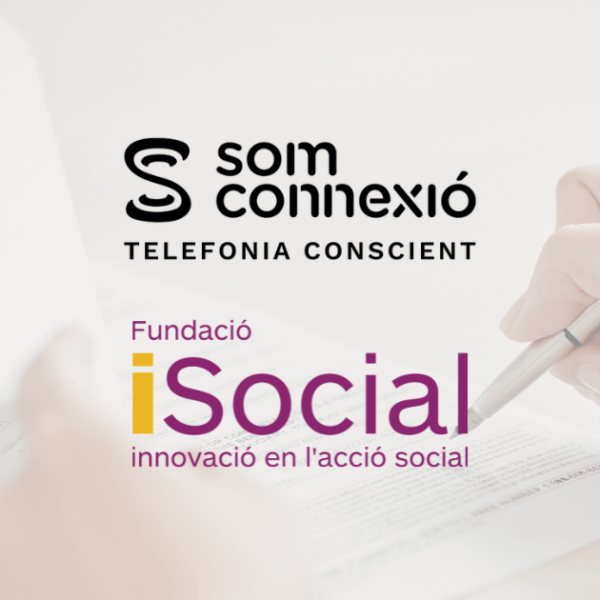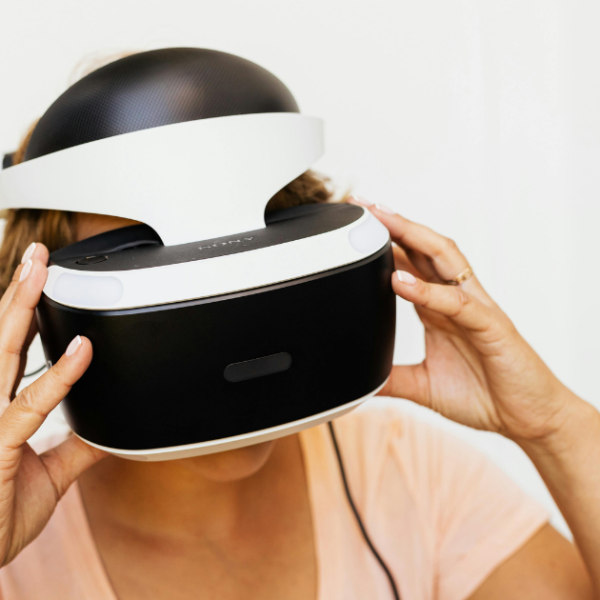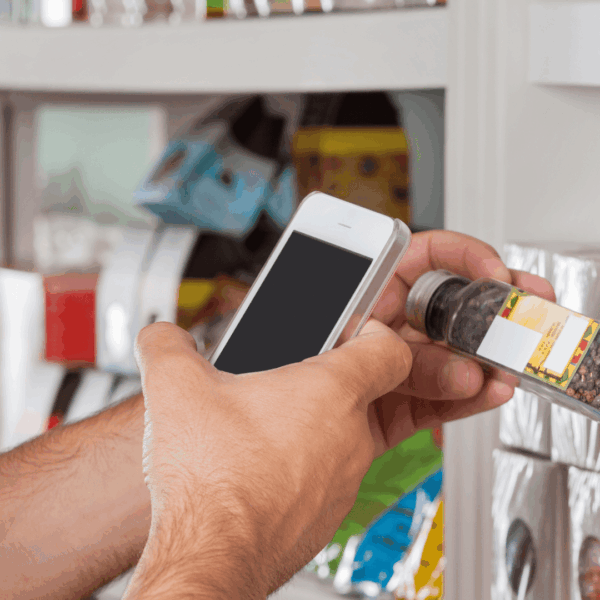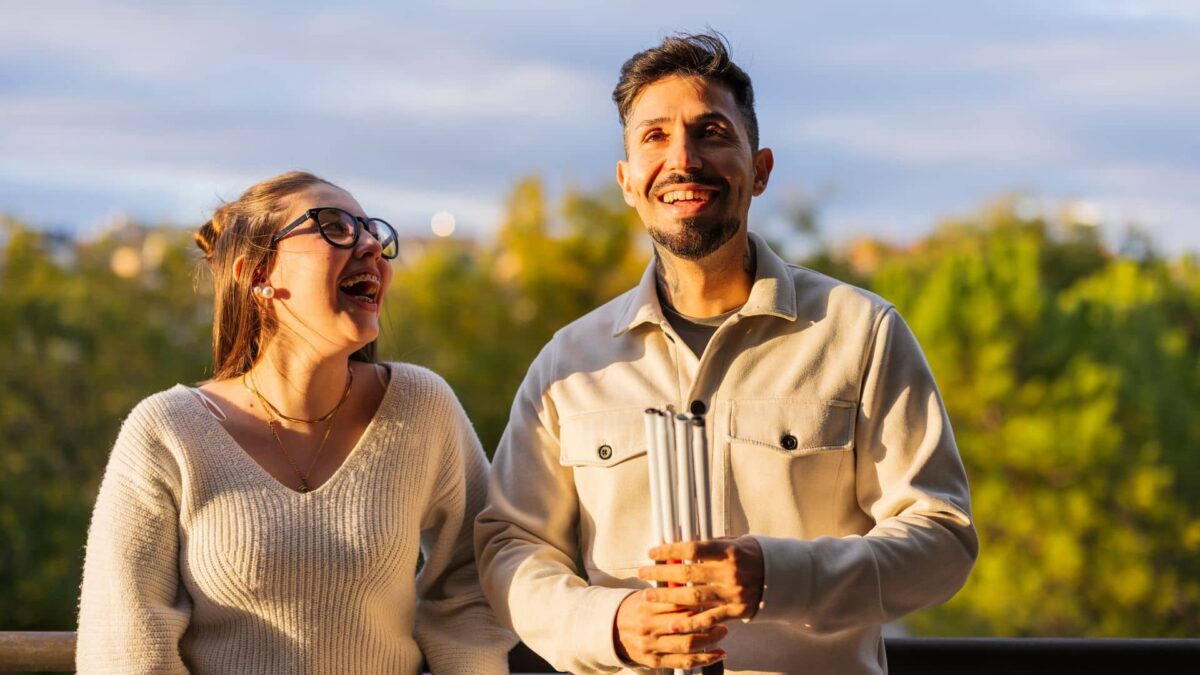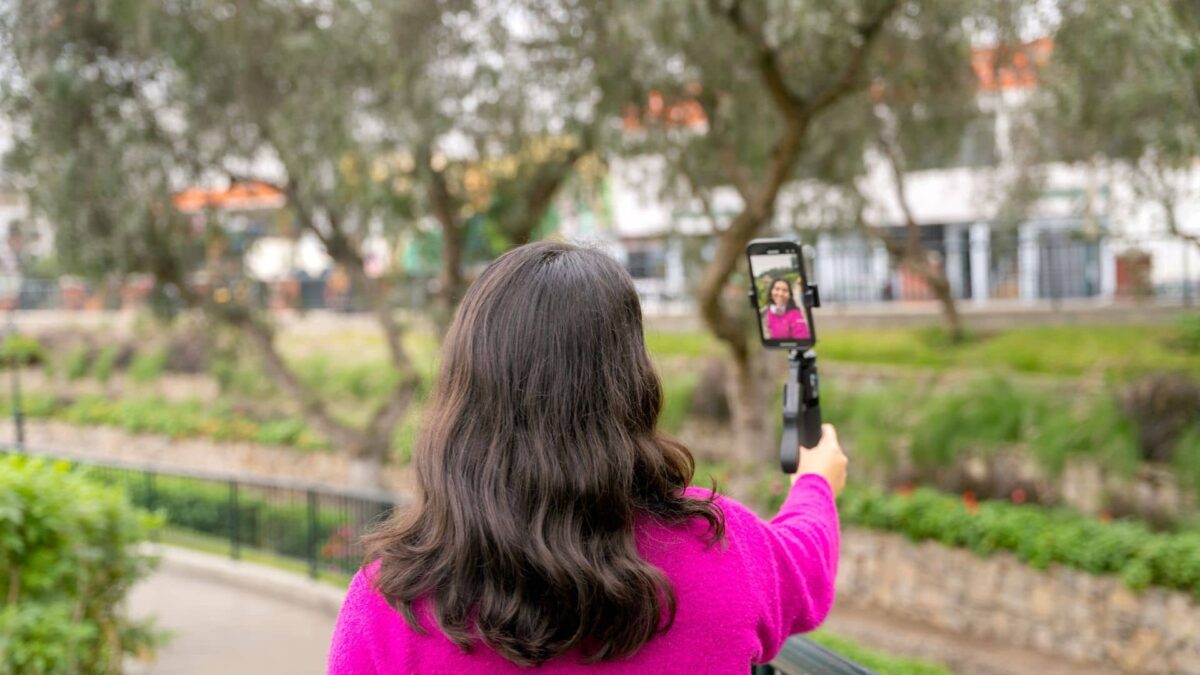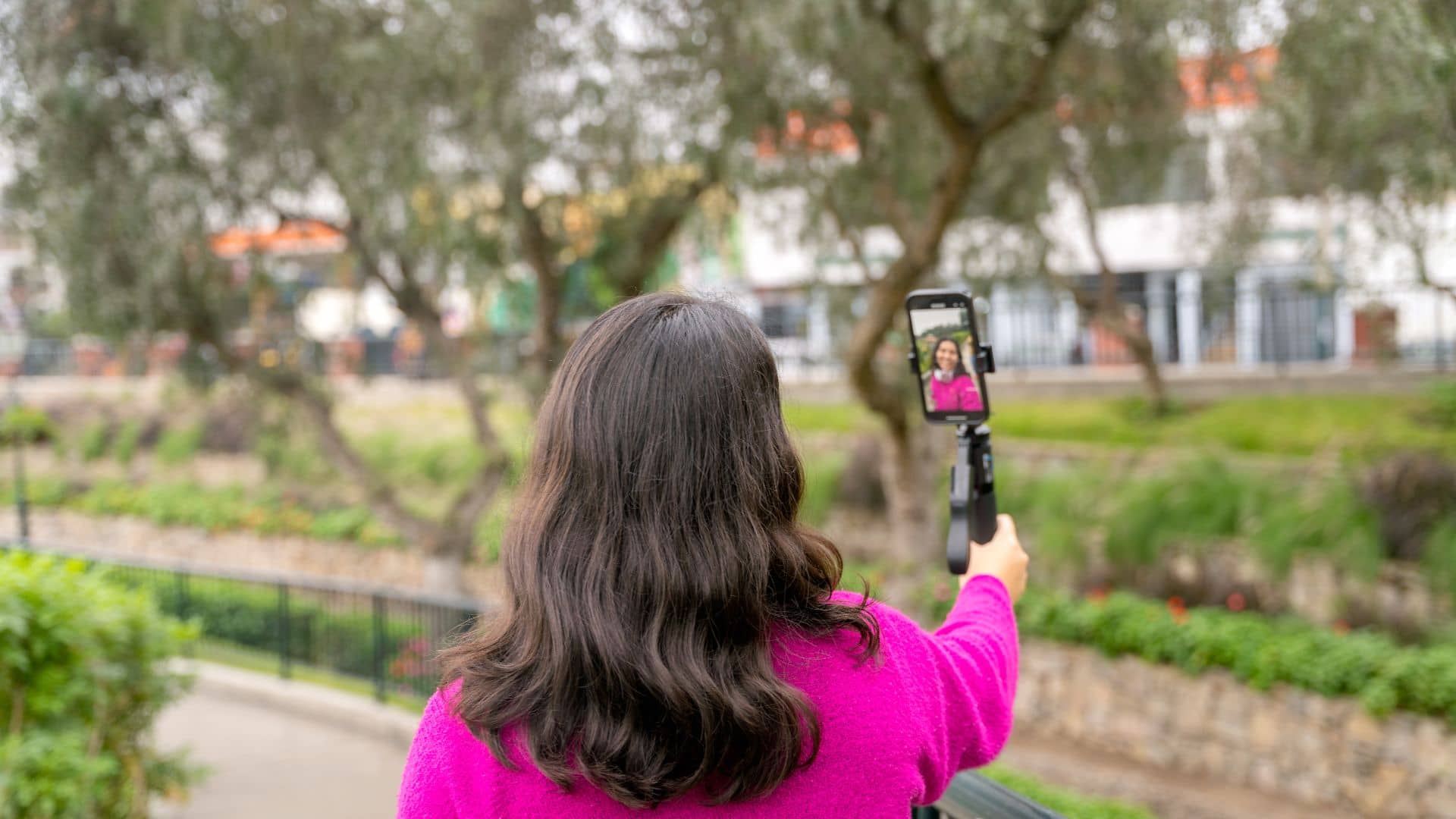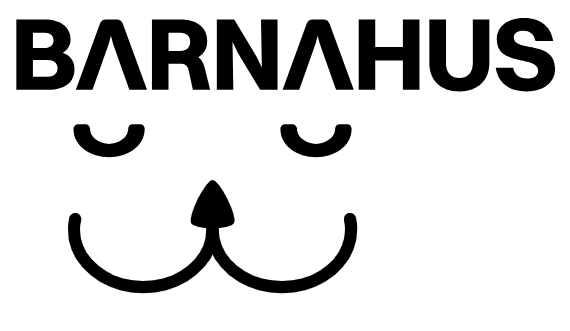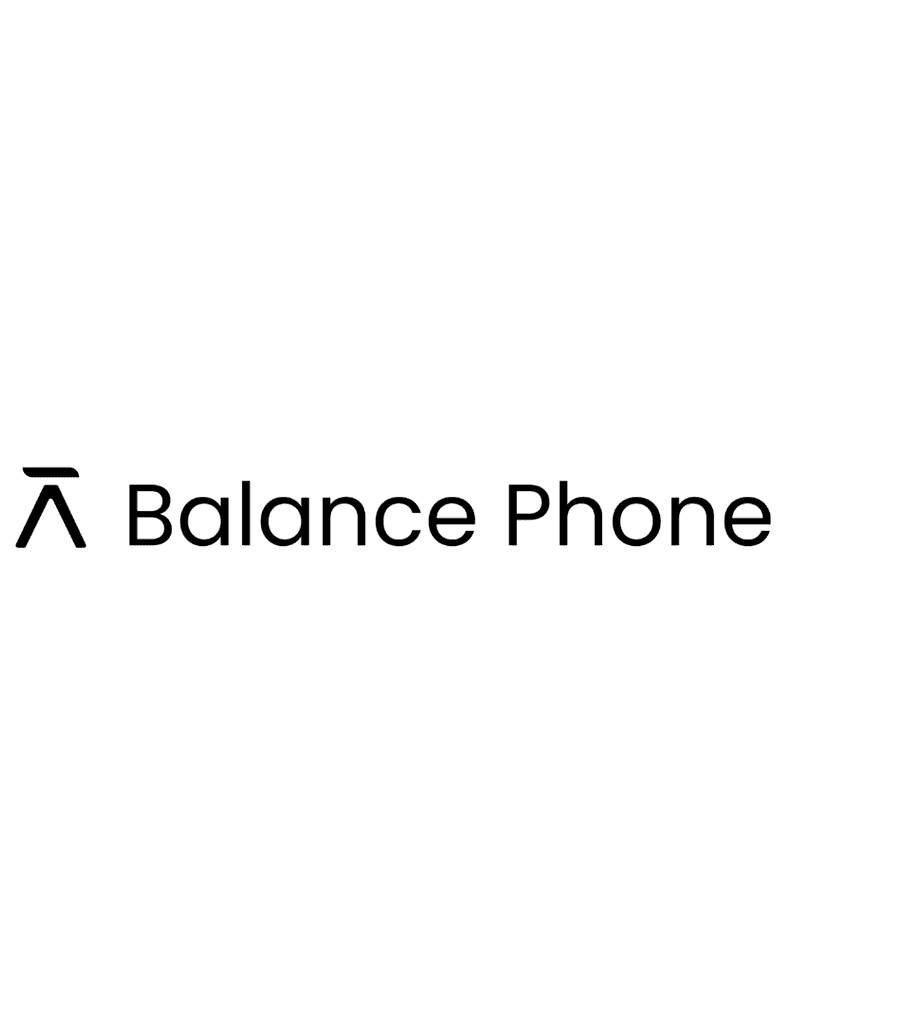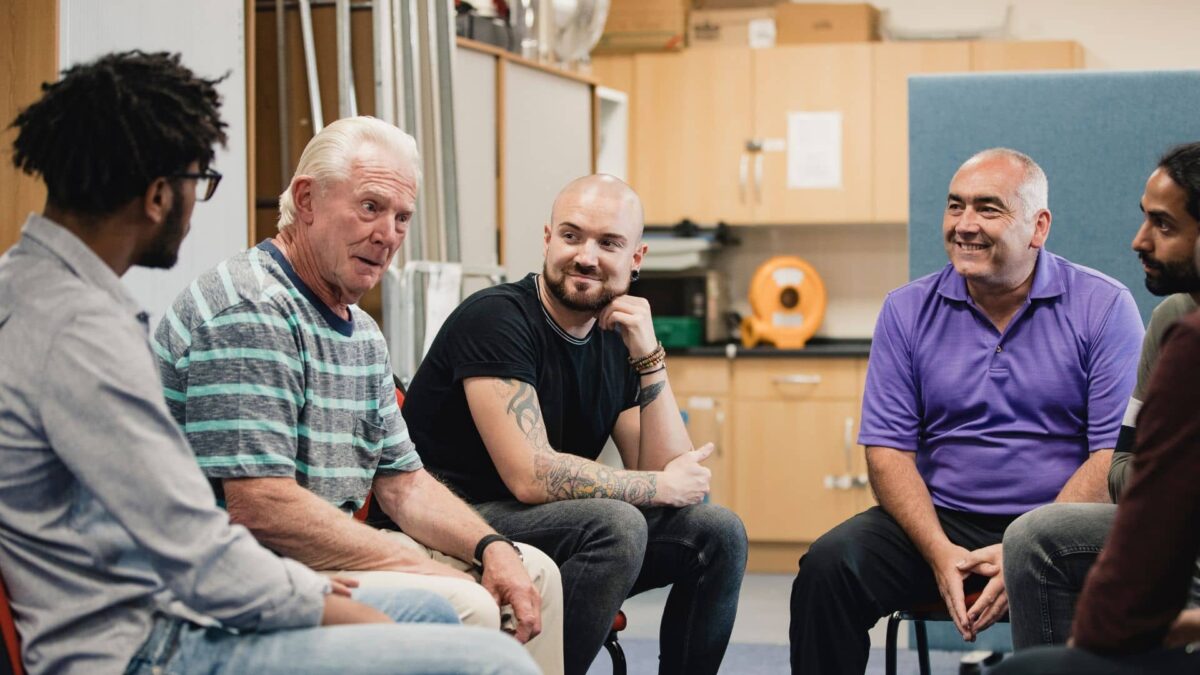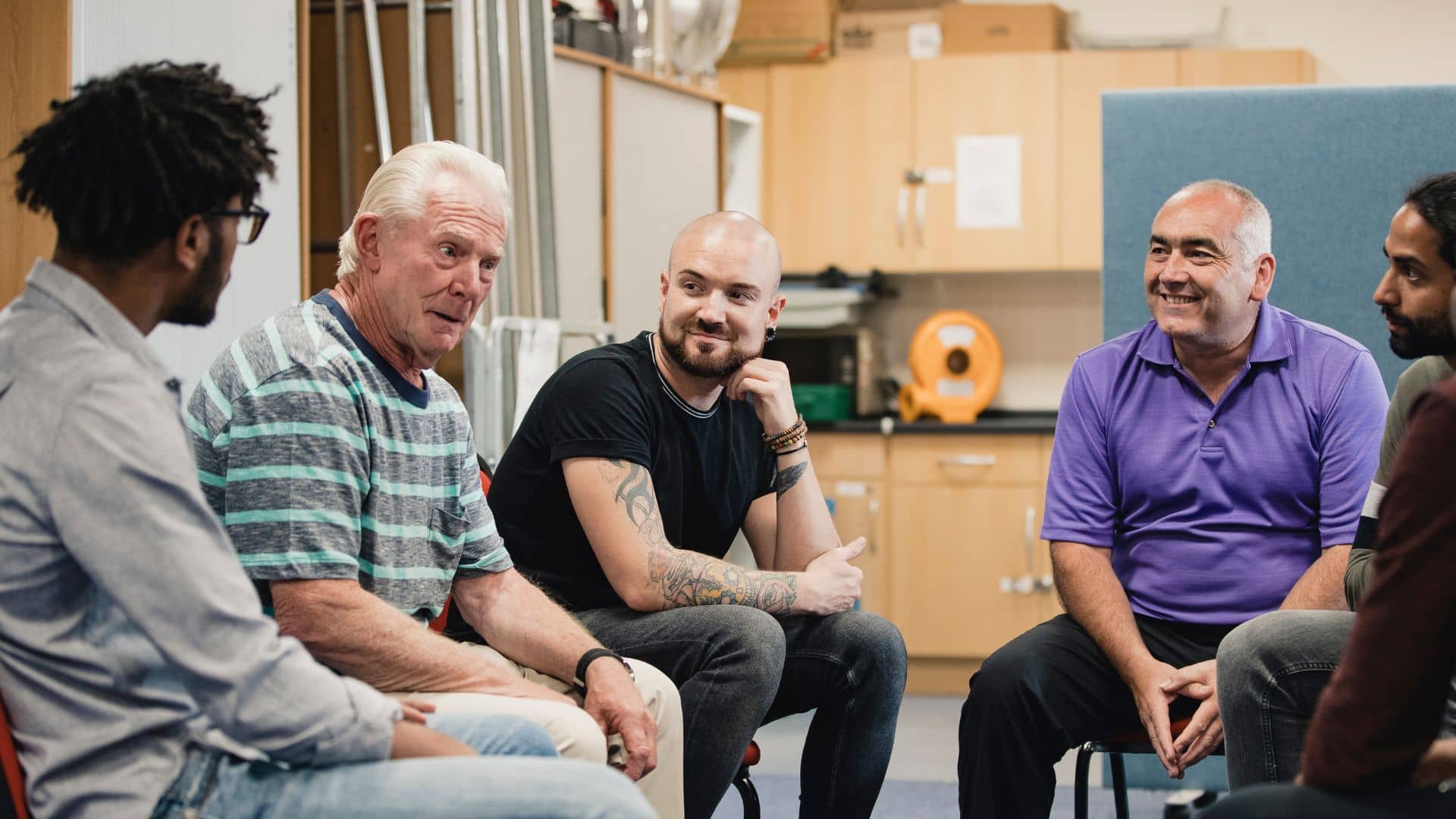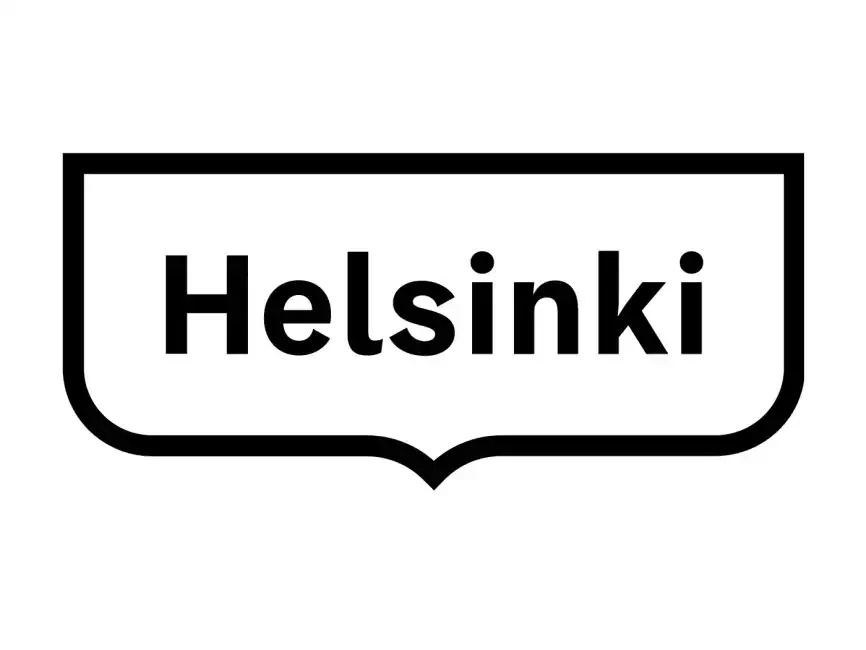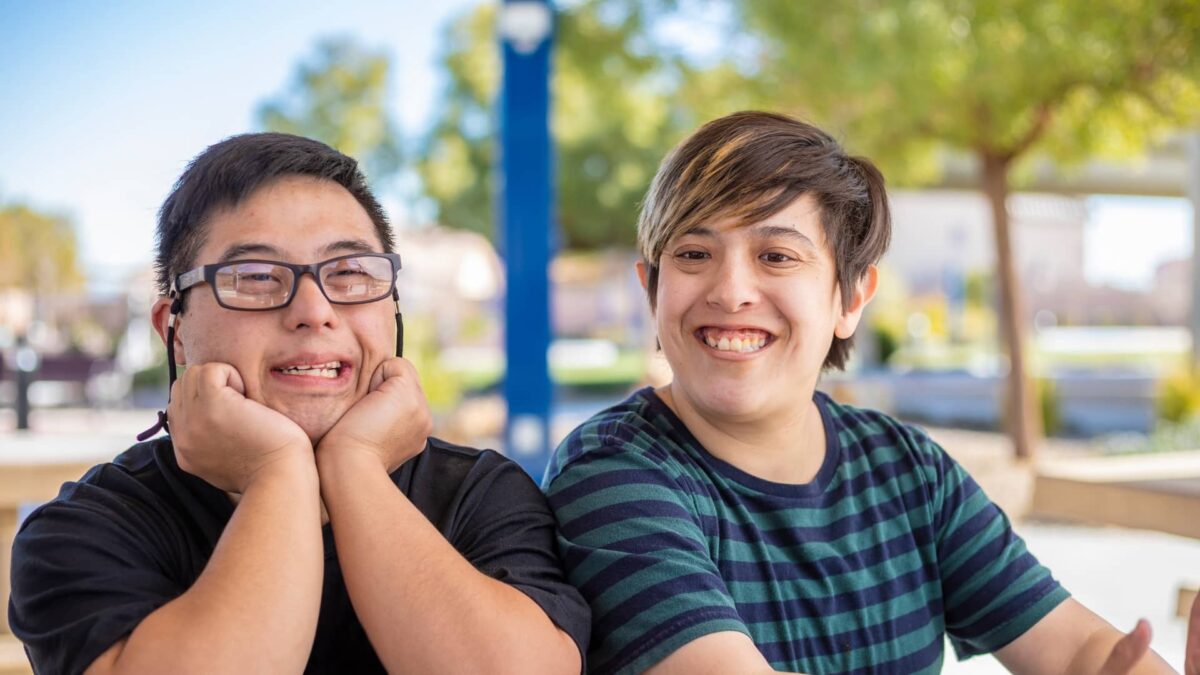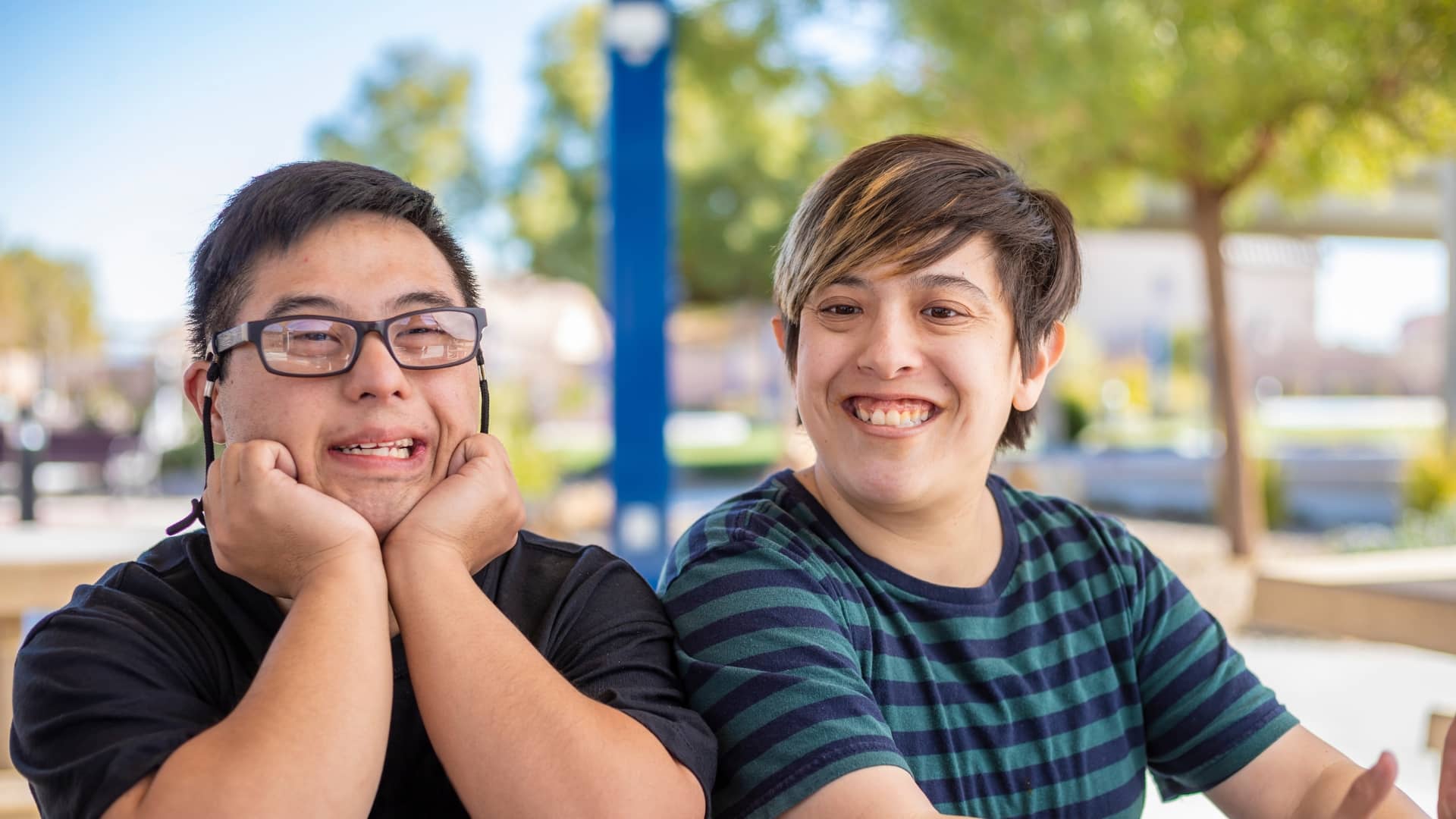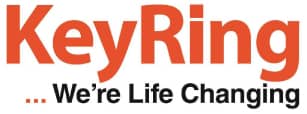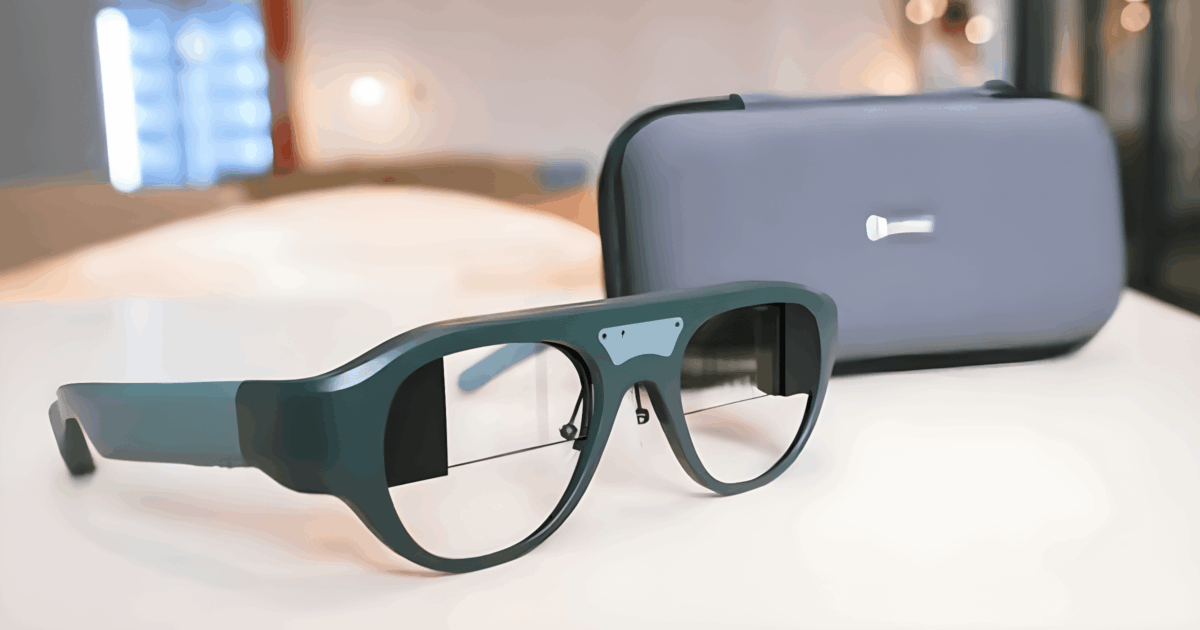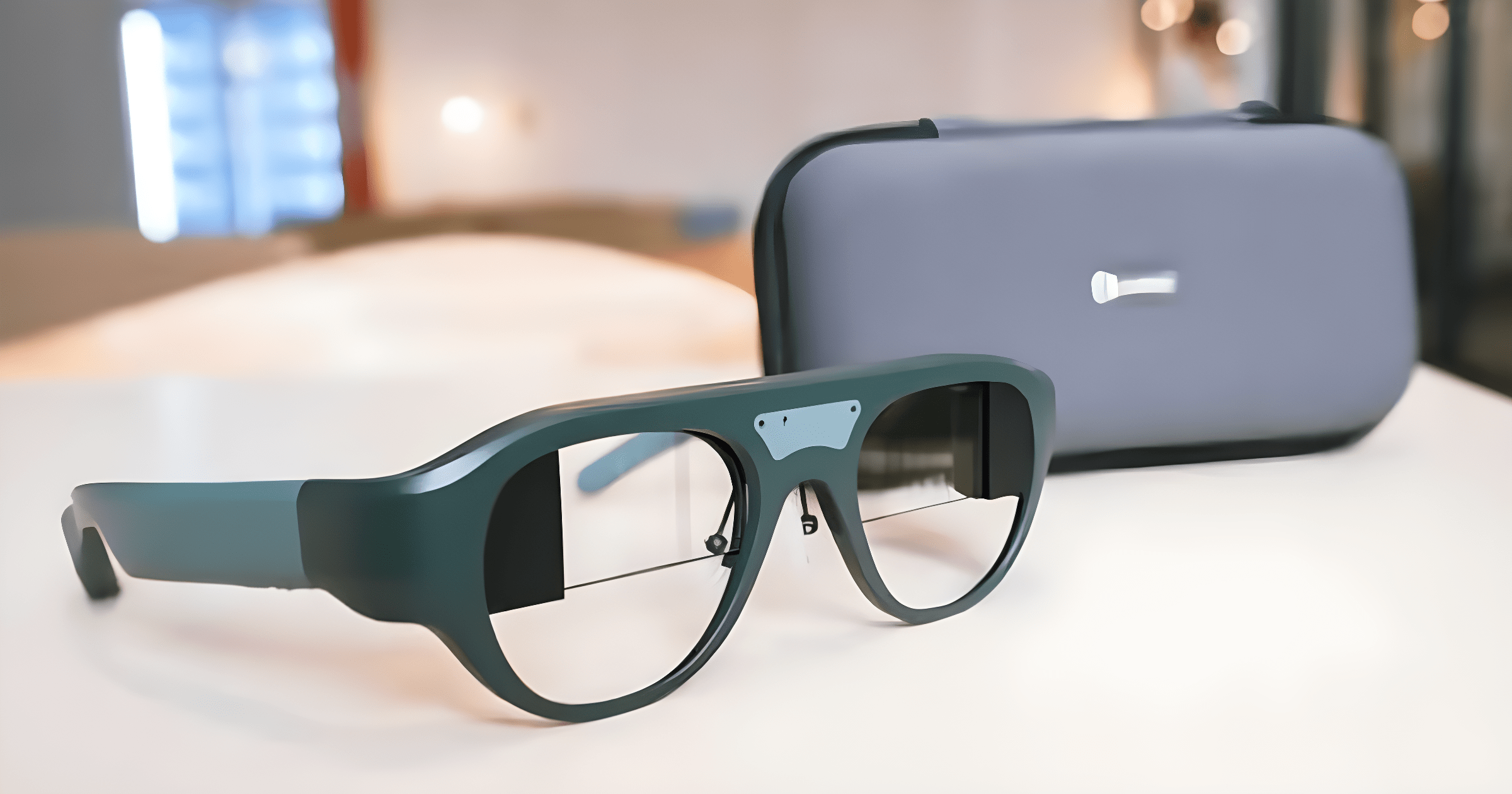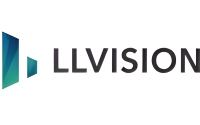Casal TV, virtual social centre for older people through interactive television
Casal TV, virtual social centre for older people through interactive television
Suara Cooperativa
A remote, television-based community service to reduce loneliness and promote well-being among older adults

Casal TV is an inclusive digital service designed to bring community engagement, structured activities and social interaction into the homes of older adults, particularly those experiencing isolation or mobility limitations. The project uses everyday technology, a television connected with a simple device, to create a virtual “social centre” that older participants can access easily without requiring advanced technological skills or a computer.
Through Casal TV, users can take part in live daily sessions that mirror the range of activities offered in traditional day centres. These sessions are facilitated by professionals in socio-cultural animation and psychology and include physical exercise classes such as yoga, tai chi and stretching, cognitive stimulation workshops, memory and game sessions, creative and cultural programmes (music, theatre, arts), and social celebration events that invite participation and mutual engagement.
The core objective of Casal TV is to improve the physical, emotional and cognitive health of older adults while combating unwanted loneliness. The platform places special emphasis on accessibility: an intuitive setup process involving a MiniPC, webcam, and remote control transforms the television into an interactive hub where individuals connect in real time with peers and facilitators throughout the day.
Participants have reported that the service not only helps structure their daily routines but also fosters meaningful human connection and support. Family members often indicate increased peace of mind knowing their relatives are engaging with a supportive community. Casal TV exemplifies how digital tools can be applied in the social-care ecosystem to enhance inclusion and quality of life for older people.
Characteristics of innovation
Location
Barcelona, Catalonia, Spain
Partners / Founders
Generalitat de Catalunya (Department of Business and Labour), economia social
Genesis
Casal TV was initiated by Suara Cooperativa as a response to the high prevalence of unwanted loneliness among older adults and the barriers many face in accessing physical community spaces, the concept originated as part of the cooperative’s innovation work to extend social care through digital means. It was developed under the framework of Singulars Projects funded by the Generalitat de Catalunya, integrating professional facilitation with accessible home technology to bring social activities directly to users’ living rooms.
Level of implementation
By 2025, Casal TV had been formally presented at international forums on social innovation and pilot data indicated that a substantial majority of participants reported feeling more accompanied and engaged after participation. Internal service reporting shows a global participant satisfaction rating of over 9 out of 10, with 97% of users feeling accompanied and actively engaged through the platform’s activities.

Banc d’innovacions


